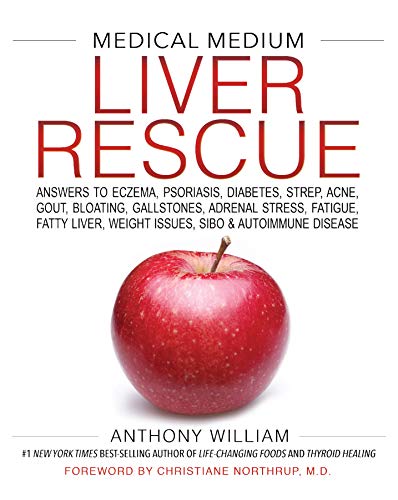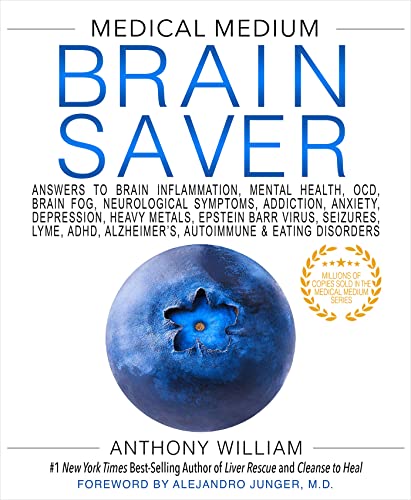We all know that driving while distracted is dangerous, but what about eating while distracted? A study explains why you’re likely to snack more while you’re watching TV.
Researchers at the University of Sussex studied the impact of tasks with a high perceptual load like watching TV or playing video games. They found that participants in the study whose attention was engaged in another activity ate 45% more chips.
This supports the theory that your brain has a short attention span, so it focuses on what seems most important. As a result, you keep on eating because you miss the fullness cues that your body is trying to send you.
Paying closer attention to your eating will help you to maintain your weight and cut down on junk food.
How to Recognise When You’re Full
Chemical changes occur in your body that take about 20 minutes for your brain to register that you’re feeling full. That satiated feeling is designed to last for several hours, but many common habits can hinder the process.
Keep these tips in mind:
1.Understand cravings. Distinguish between hunger and appetite. Physical hunger builds up gradually and subsides after eating. Emotional appetite and cravings come on suddenly and may be more persistent.
2. Slow down. Sitting down and eating at a relaxed pace gives your brain the chance to recognise that you’re full. Chew your food thoroughly and savour each bite.
3. Avoid crash diets. Cycles of fasting and splurging confuse your body. Find a balanced routine that you can stick with for the long term.
Other Tips for Non-Distracted Eating
Recognising the cues of feeling full will help you to make healthier food choices.
Additional strategies for paying more attention to what you’re eating:
1. Plan ahead. Creating daily or weekly menus may help. If it feels too overwhelming for you, consider using a meal planner.
2. Focus on fibre. Unprocessed foods rich in fibre enhance your overall health and help you to feel full. Eat vegetables, fruits, and whole grains. High protein foods have a similar effect, so include them in each meal and snack instead of waiting for dinner.
3. Drink water. It’s easy to confuse thirst with hunger. Consider drinking some water whenever cravings pop up. Once your stomach feels full, it will be easier to resist temptation.
4. Shop wisely. Keep junk food out of the house. Use a shopping list when you buy groceries. Stick to the outer aisles where you’re less likely to see junk food.
5. Manage stress. Create a soothing environment, especially during mealtimes. Talk about pleasant subjects or play soft music.
6. Work out. Physical activity helps you listen to your body and regulate hunger. Aim for at least 150 minutes of moderate aerobic exercise each week.
7. Try again. Changing your eating habits takes practice. Be patient if you slip up. You’ll bounce back faster if you stay calm and learn from the experience.
8. Talk with your health practitioner. Your diet plays a major role in your physical and mental health. If you have trouble managing your hunger or other concerns about your eating habits, discuss them with your health practitioner.
Paying attention to your food and how much you’re eating can transform your relationship with food and protect your health. Put your screens away during mealtimes and pay attention to what’s on your plate. You’ll learn to listen to your body and enjoy your food more.















